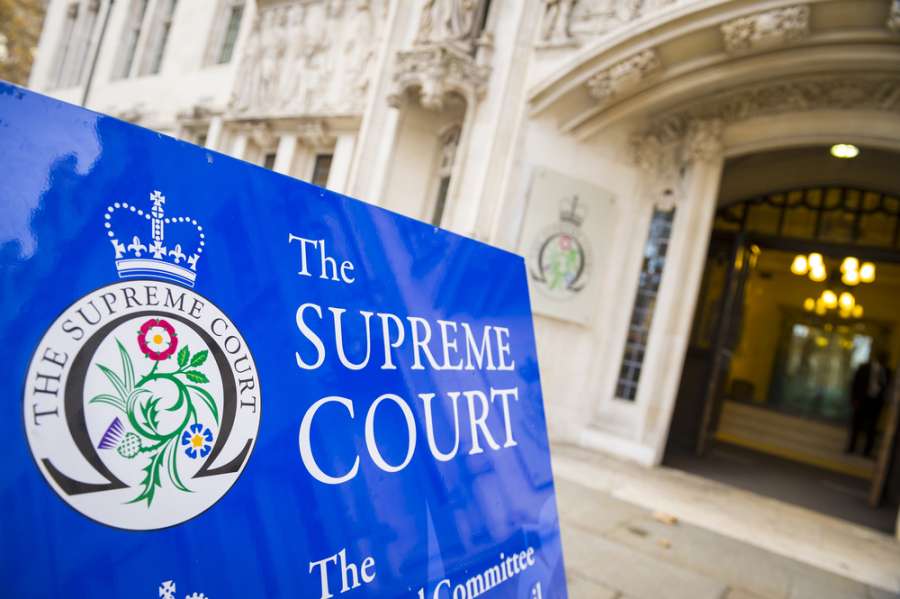The Supreme Court’s decision is important as it will affect the funding options available for 1975 Act claims.
The Supreme Court’s decision will be final and will set a precedent for all future 1975 Act claims to follow.
Claims under the 1975 Act are ordinarily brought because the Claimant has a need for maintenance from the Deceased’s estate – this means that they are unlikely to be able to fund legal fees privately so CFAs are an extremely common way of funding in 1975 Act claims.
For claimants without the means to meet legal fees, the Hirachand decision may make it more difficult for them to bring their claims and CFA agreements may be a less attractive funding method.
However, it is important to note that success fees have never been fully recoverable, and it has always been the case that a proportion of these will be met by the claimant.
Now that the Supreme Court has confirmed that success fees are not recoverable, this will add certainty to negotiations and may assist in bringing matters to settlement at an earlier stage, saving time and costs for all parties.
For defendants, the decision in Hirachand will come as welcome confirmation that they do not need to worry about paying an uplift on top of the costs of a successful claimant.
However, the costs of any claim brought to trial are likely to be substantial even without the threat of an uplift.













